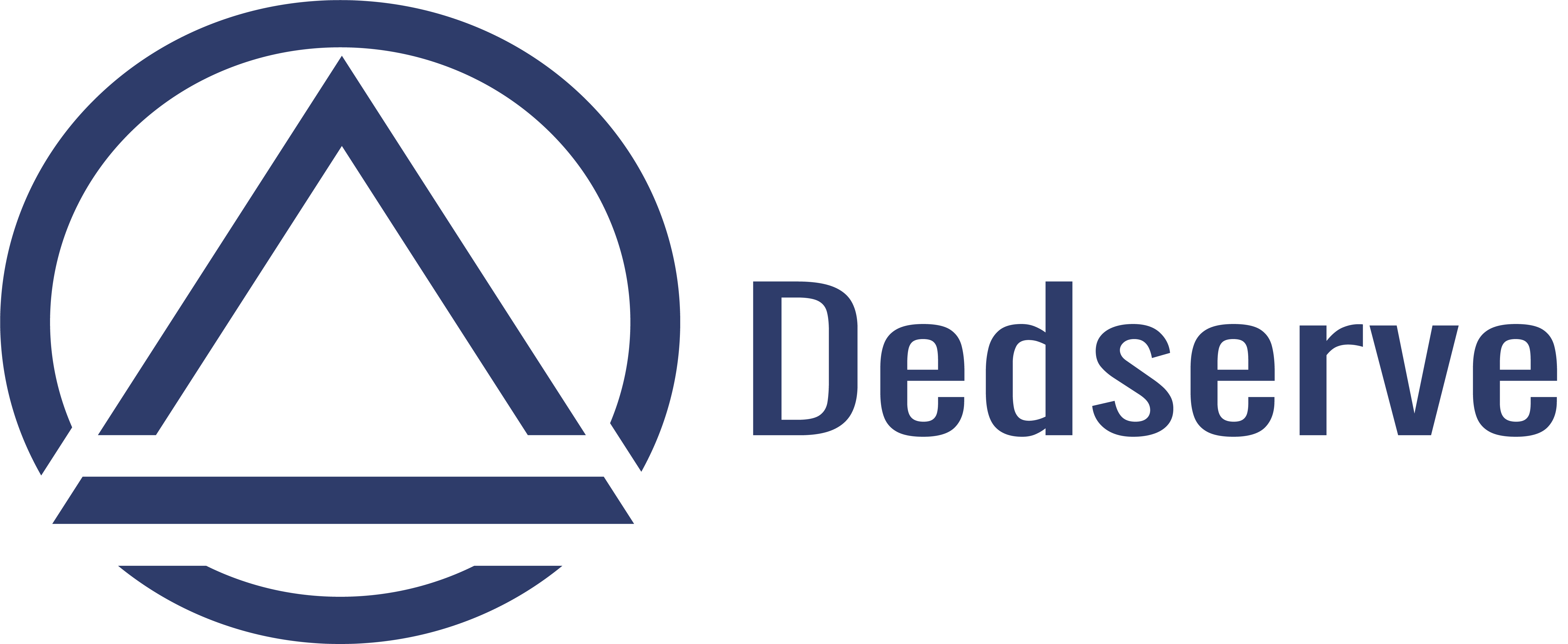In the Base Erosion and Profit Shifting (BEPS) project, the Organization for Economic Co-operation and Development (OECD) has pushed for higher levels of transparency.
As a response, the European Union (EU) Council implemented a new directive known as DAC6 on June 25, 2018, requiring further reporting of cross-border agreements, with in-scope agreements due by the end of August 2020.
Who must report?
The DAC6 will have a significant impact on intermediaries, which are defined as anyone who plans, markets, organises, provides for, or oversees the implementation of a cross-border arrangement, as well as anyone who helps them. Intermediaries frequently include tax advisors, attorneys, banks, and corporate service providers. The taxpayer is required to file a report if there is no middleman.
What must be disclosed?
The tax authorities must be informed of any cross-border agreements that are considered to be “possibly tax aggressive.” The tax authorities of EU member states will then automatically exchange this information. Failure to comply with DAC6 could result in serious legal consequences under local law in EU nations, as well as reputational repercussions for businesses, people, and intermediaries.
How can Dedserve assist?
As experts in governance, tax compliance, and regulation, we at Dedserve are continually aware of any legal or regulatory requirements that may have an impact on business. We are also totally committed to assisting you in maintaining compliance.
